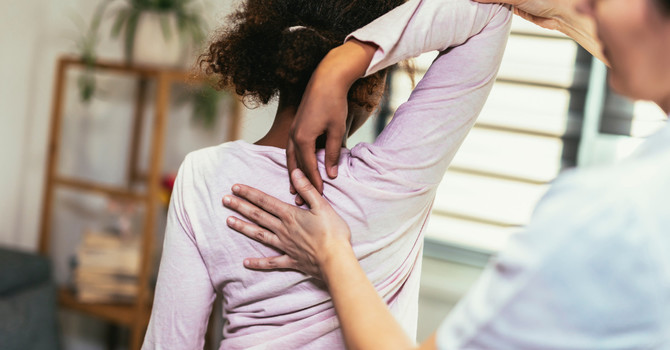
In recent years, the world has witnessed significant progress towards acceptance and equality for LGBTQIA+ (Lesbian, Gay, Bisexual, Transgender, Queer/Questioning, Intersex, Asexual) individuals. However, despite the strides made, the need for safe spaces for the LGBTQIA+ community is more important now than it ever has been.
One of the primary reasons for this is the persistent discrimination and violence faced by members of the LGBTQIA+ community. According to a report by the Human Rights Campaign, hate crimes against LGBTQIA+ individuals are on the rise in the United States, with transgender women of color being the most vulnerable group. In addition, LGBTQIA+ individuals are more likely to face discrimination in housing, healthcare, and employment, which can lead to a range of negative outcomes, including poverty and homelessness.
Furthermore, recent political and social events have contributed to a rise in intolerance and hate speech directed towards LGBTQIA+ individuals. For instance, the Trump administration's efforts to roll back protections for transgender people in areas such as healthcare and the military have sent a message to the public that discrimination against this group is acceptable. Or more recently political entities in Florida or Tennessee banning drag shows/wearing clothes that do not fit societal norms or encouraging the trafficking of LGBTQIA+ children across state lines. Or the most shocking, calling for the extermination of our trans brothers and sisters simply for existing.
Providing safe spaces for LGBTQIA+ individuals is crucial because it offers this group of people a refuge from discrimination and a supportive community that understands their unique experiences. These safe spaces can take many forms, from LGBTQIA+ community centers to online support groups. They provide a platform for members of the LGBTQIA+ community to come together, share their experiences, and support one another.
Creating safe spaces for LGBTQIA+ individuals is important because it sends a message of acceptance and inclusivity to the broader community. When individuals see that there are safe spaces for LGBTQIA+ people, they may be more likely to challenge their own biases and support equality for all.
In conclusion, providing safe spaces for LGBTQIA+ individuals is more important now than ever before. Discrimination and violence against this group persist, and recent political and social events have contributed to a rise in intolerance. Safe spaces offer a refuge for LGBTQIA+ individuals, a supportive community, and a range of services that can help them navigate the challenges they may face. They also send a message of acceptance and inclusivity to the broader community, which is crucial for building a more just and equitable society.




